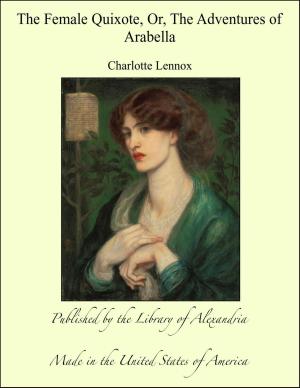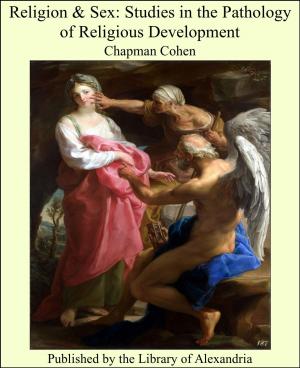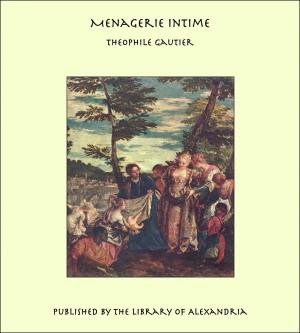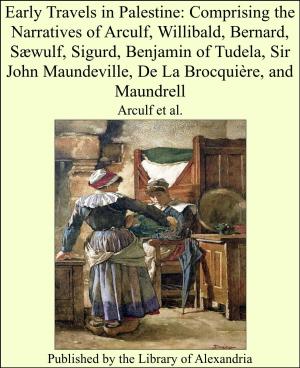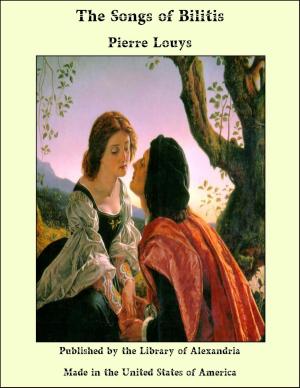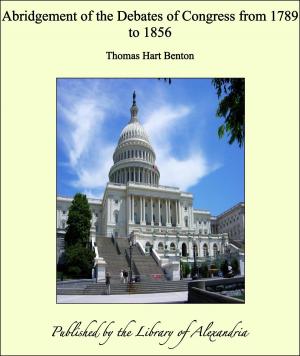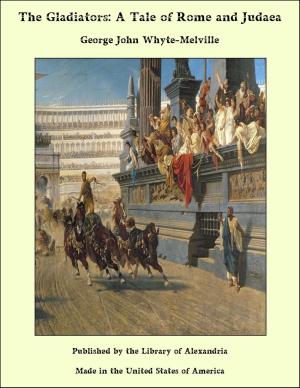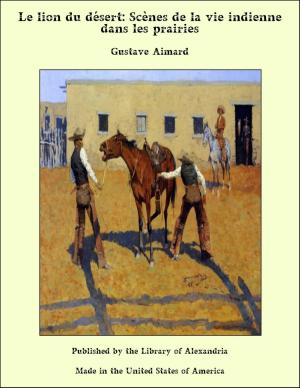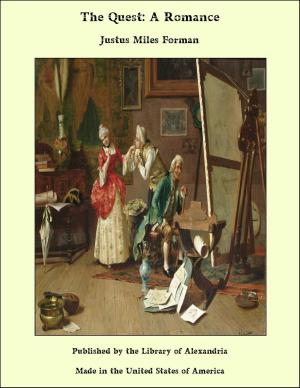The Austrian School and the Theory of Value
Nonfiction, Religion & Spirituality, New Age, History, Fiction & Literature| Author: | Friedrich Wieser | ISBN: | 9781465583314 |
| Publisher: | Library of Alexandria | Publication: | March 8, 2015 |
| Imprint: | Language: | English |
| Author: | Friedrich Wieser |
| ISBN: | 9781465583314 |
| Publisher: | Library of Alexandria |
| Publication: | March 8, 2015 |
| Imprint: | |
| Language: | English |
The historical school of political economists in Germany, and the Austrian, or as it is frequently termed, the abstract, school are more nearly related than is at first sight apparent. Both follow the spirit of the age in rejecting speculative theory and in seeking their highest laurels on the field of observation. In art, as in science, naturalism must be distinguished from truth to nature, and we Austrians, while we have certainly no wish to be disciples of naturalism, are wholly set on being experimentalists. This is what I would remark in the first place to the readers of this Journal, in complying with the Editor’s kind invitation to give some account of our theories. And on this point the method we employ must not be suffered to mislead. M. Leon Walras says very happily of this method, which he himself employes, that it idealizes. It does not copy nature, but gives us a simplified representation of it, which is no misrepresentation, but such as sharpens our vision in view of the complexities of reality, — like the ideal picture which the geographer draws in his map, as a means not to deception but to more effective guidance, he meanwhile assuming, that they who are to profit by the map will know how to read it, i.e. to interpret it in accordance with nature. The investigation of the Austrian school have not been restricted to the subject of value, but embrace the most comprehensive theories on economy in general.
The historical school of political economists in Germany, and the Austrian, or as it is frequently termed, the abstract, school are more nearly related than is at first sight apparent. Both follow the spirit of the age in rejecting speculative theory and in seeking their highest laurels on the field of observation. In art, as in science, naturalism must be distinguished from truth to nature, and we Austrians, while we have certainly no wish to be disciples of naturalism, are wholly set on being experimentalists. This is what I would remark in the first place to the readers of this Journal, in complying with the Editor’s kind invitation to give some account of our theories. And on this point the method we employ must not be suffered to mislead. M. Leon Walras says very happily of this method, which he himself employes, that it idealizes. It does not copy nature, but gives us a simplified representation of it, which is no misrepresentation, but such as sharpens our vision in view of the complexities of reality, — like the ideal picture which the geographer draws in his map, as a means not to deception but to more effective guidance, he meanwhile assuming, that they who are to profit by the map will know how to read it, i.e. to interpret it in accordance with nature. The investigation of the Austrian school have not been restricted to the subject of value, but embrace the most comprehensive theories on economy in general.


